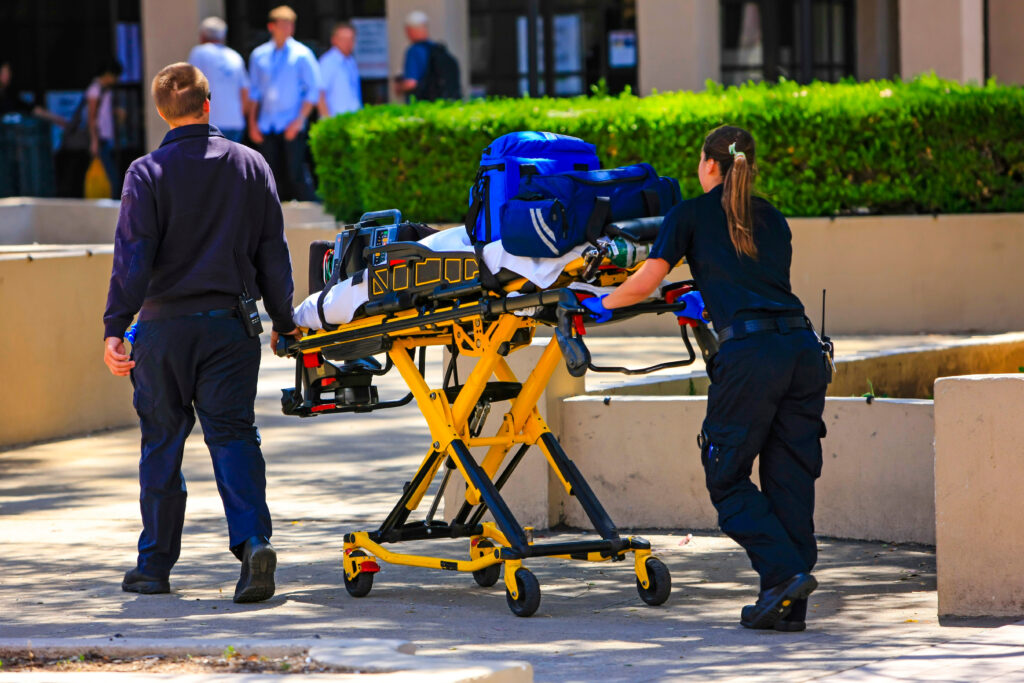Out of gratitude for the work first responders do, we often refer to them as superheroes but that may do more harm than good. That’s because superheroes don’t need help and never need to rest. But real first responders do.
That’s according to Kari Mika-Lude, director of the West Virginia Behavioral Health Workforce and Health Equity Training Center at Marshall University. She is also the co-founder of Code Grey which is a mental health program for first responders.
“We saw this during COVID,” she said. “Healthcare heroes campaigns were everywhere. And while they were probably intended to show reverence and appreciation in the midst of the chaos that was COVID, it’s important for us to consider the underlying message of such slogans.”
She explained that this messaging unintentionally deprives the first responder of humanness and the need for care. She conducted a study that measured their perception of being what’s called meta dehumanization. It refers to the degree to which one believes they or their group are denied humanity by others.
“The findings of this study did indicate that first responders do experience dehumanization from both their organizations and the public,” Mika-Lude said. “And those experiences significantly threatened the first responder workforce I mentioned: suicidality, burnout and decreased self-efficacy.”
Mika-Lude told the legislative interim meeting of the Joint Committee on Volunteer Fire Departments and Emergency Medical Services Sunday that helping first responders know they are allowed to take time and talk to professionals to debrief are important steps.
“This is going to involve a major cultural shift,” she said. “Focusing on destigmatizing language, attitudes, developing more robust EAP services, adopting the provision for PTSD as a worker’s comp issue and or providing financial assistance to workers who wish to seek mental health care.”
Del. D. Rolland Jennings, R-Preston, a former first responder, noted that Cabell County has a critical incident stress management (CISM) team that is proactive and serves other first responder groups when there is a known problem.
“Let’s bring in some support before we start to see any signs and symptoms of a problem,” he said. “That’s really what the CISM model is all about. Let’s debrief this so that hopefully, symptoms of PTSD don’t take hold. Rather than trying to fix it on the back end. Let’s try to prevent it in the first place.”
Jennings asked that the Joint Committee on Volunteer Fire Departments and Emergency Medical Services staff further investigate the programs that do exist so they can potentially support and expand those programs.




















